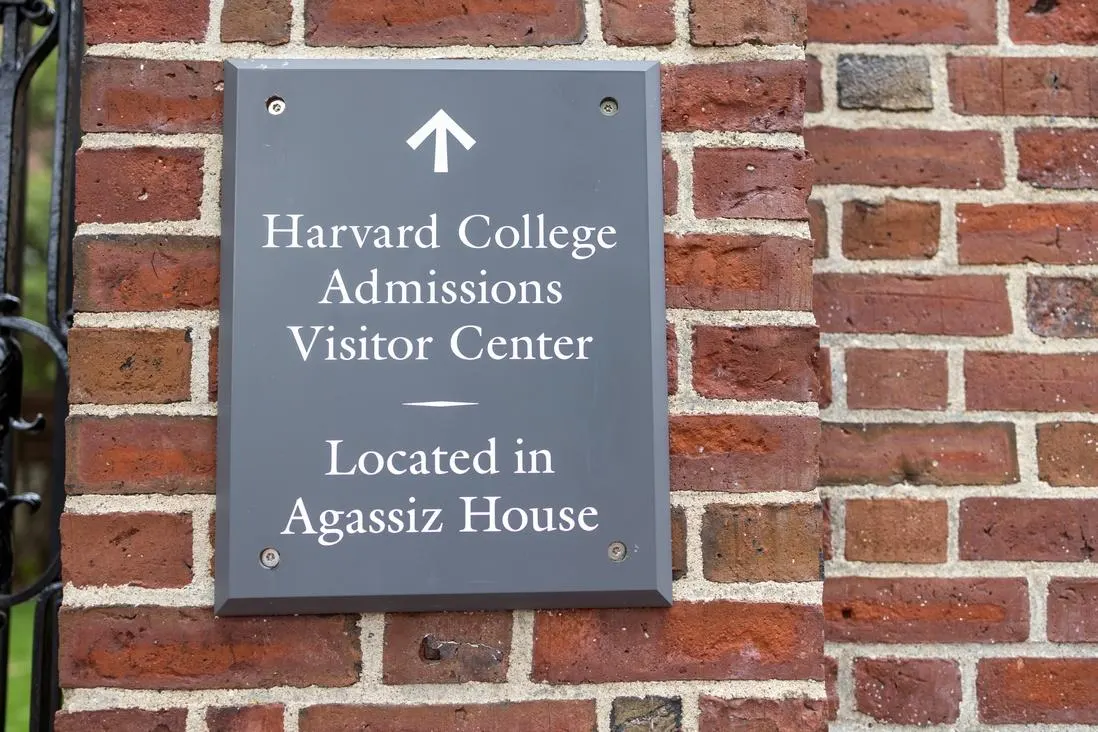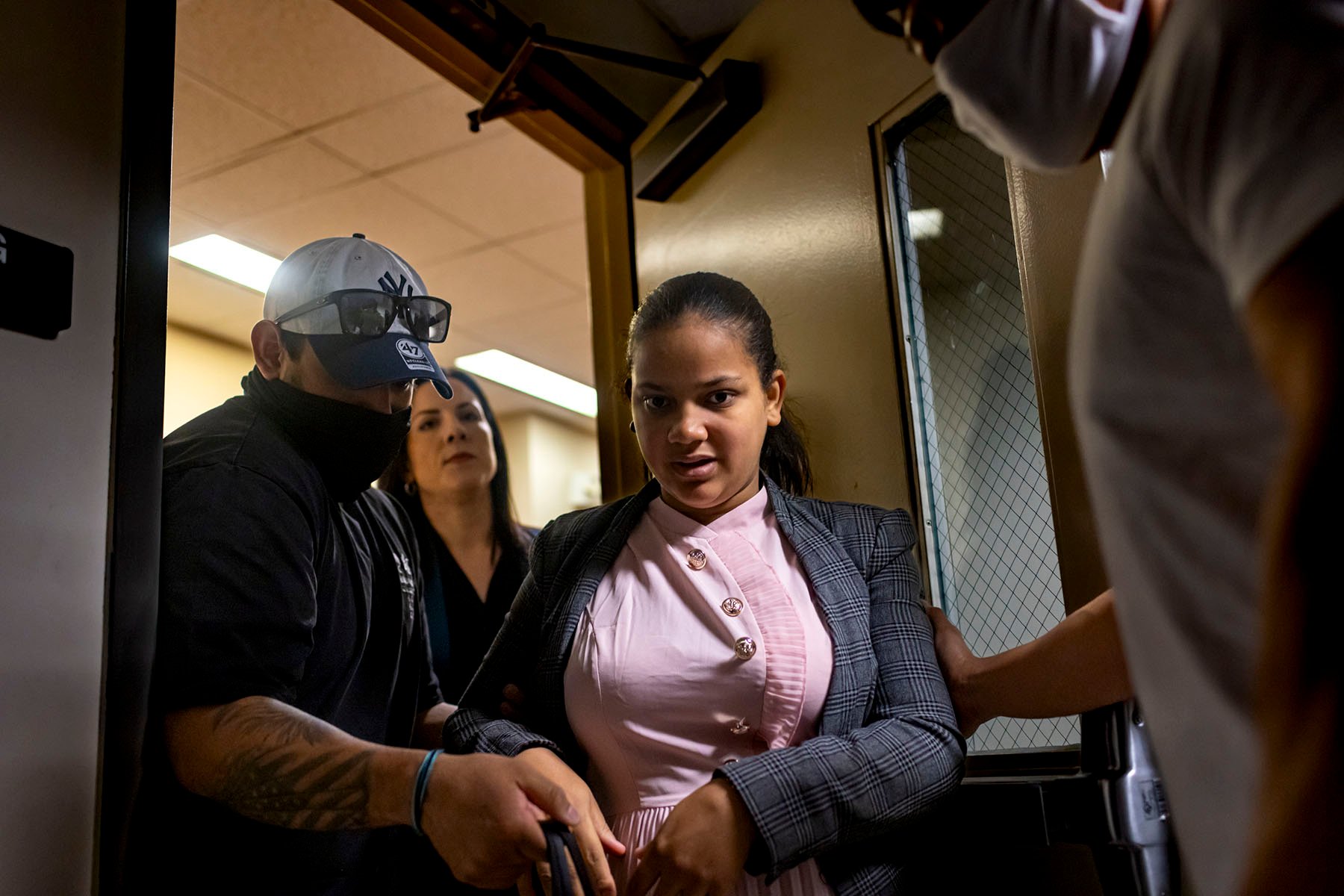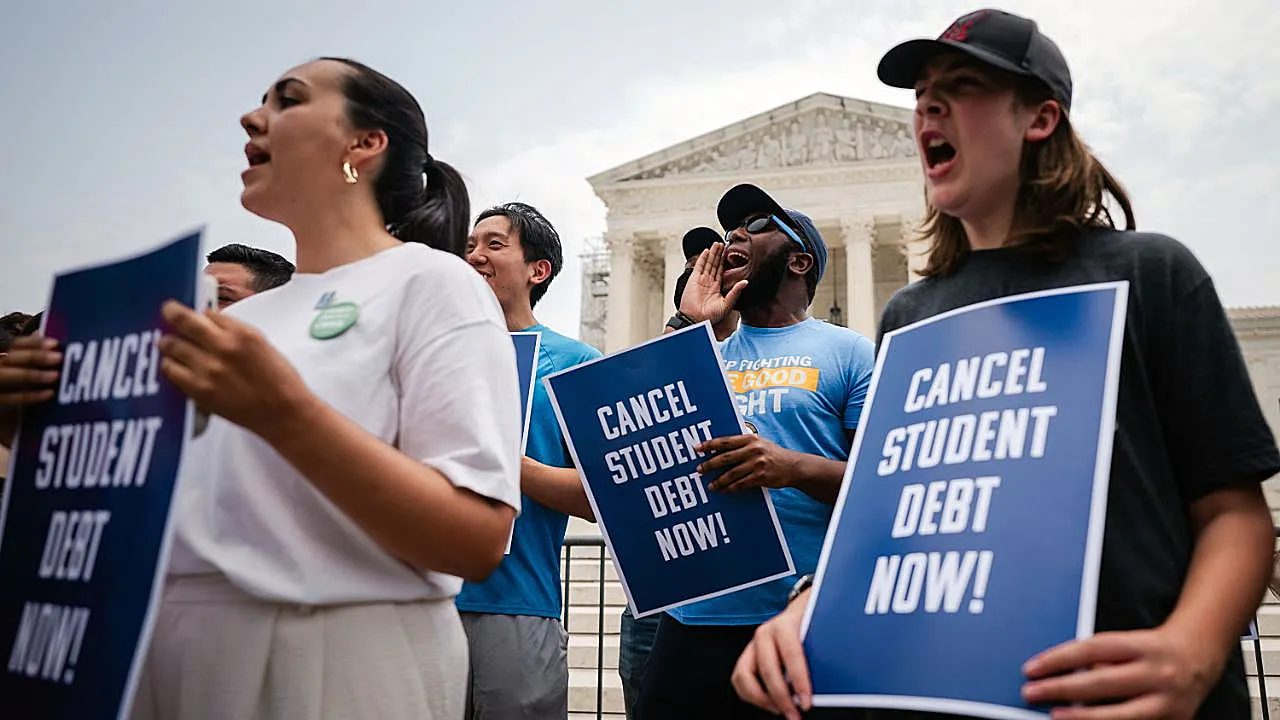Copyright forbes

View of directional sign to Harvard College Admissions Visitor Center For many high school students, the most daunting aspects of college applications are those that rest within their control: earning stellar standardized test scores, maintaining a top GPA, landing leadership roles in clubs, writing a dynamic personal statement, and creating a balanced college list. But some of the most important elements of the application lie outside of a student’s control: the letters of recommendation. Unlike the Activities List, personal statement, or supplemental essays, an applicant’s letters of recommendation provide a third-party perspective on their achievements, values, and unique qualities. In other words, students must entrust this critical component of the application to someone else, rather than composing it in their own words. This doesn’t mean that students have no influence on the quality and content of their recommendation letters. While students cannot write their own recommendations, they can take strategic steps to ensure that their letters are insightful, personal, and specific. This starts with understanding what admissions officers really want to learn about from a student’s recommenders. First and foremost, a strong recommendation begins with the right recommenders. The number of recommenders will vary based on the school to which a student applies, but colleges typically require at least two letters of recommendation, with at least one from a teacher and one from a school counselor. Students should select teachers, coaches, or mentors who can speak meaningfully and specifically about their performance, personality, and growth. While students should include at least one recommendation from a teacher in a discipline related to their major (e.g., an engineering applicant might choose their AP Physics teacher), they can also use the third recommendation to showcase their intellectual curiosity and adaptability by asking a recommender outside of their primary field. The most impactful letters do more than simply attest to a student’s academic abilities or accolades; they tell a story about a student’s self-discovery, learning, and core values. The most impactful letters of recommendation will tell admissions officers that: 1. The student excels within their particular environment. Letters of recommendation are critical for providing admissions officers with context. First and foremost, they contextualize a student’s high school experience: what resources were available to them? What unique challenges or hurdles did they encounter within their geographic region or high school? A student’s Activities List may lack the flashy internships or grand passion project that another student had, for instance, but a strong letter of recommendation might recontextualize the student’s extracurricular profile by sharing that the student leveraged the limited resources of their rural geography to create impressive opportunities. Or, a student might have a generally strong profile—but a recommendation that emphasizes how a student has gone above and beyond what other students at their high school typically accomplish can significantly enhance their application. Letters of recommendation also contextualize a student’s application within the context of their personal story. This is why it is particularly important for students to choose a recommender who knows them outside of the classroom. “Context is everything in college admissions,” says Erin Cao, a former admissions officer at Columbia University and current Senior Mentor at Command Education. “Communicating with your teachers throughout the school year about any major events that may affect your schoolwork could just save your application. If you’re going through difficult times in your personal life (such as illness, family circumstances, additional responsibilities), it is natural for your academic performance to take a hit. Your teachers can give admissions officers additional context about how you’ve handled your school work in light of extenuating circumstances, highlighting your drive, resilience, and grit beyond the grades we see on the transcript.” 2. The student has grown. Admissions officers at top schools want to see that a student has been on a steady upward trajectory throughout their high school career. College is a time for growth and development, both intellectually and personally, and a strong application will show that a student is teachable and eager to expand their horizons. This is particularly important for students whose GPAs were not initially stellar but steadily increased over the course of their high school journey. While the additional information section on the Common App can be a great place to provide context for that development over time, it is far more impactful for teachers themselves to note the change in a student’s performance. Growth can also extend beyond the classroom. “Growth in personality and confidence can also be a great factor to see,” says Cao. “Are you the student who is always sharing unique insights with the rest of the class during discussions? Do you make others around you laugh? Are you someone who leads by example or the kind of student who will make sure everyone has a role to play during group projects? The more specific teachers can get here, the more helpful it will be.” 3. The student is one of the best they’ve ever had. Finally—and perhaps most importantly—a strong letter of recommendation will illustrate a student’s exceptionality. Amidst a sea of qualified applicants, Ivy League and other top universities are looking for the best of the best—they want to admit students who are changemakers, visionaries, and award-winners, and those who are ready to dive into the rigorous academic culture as soon as they step foot on campus. A student’s recommendation letters should therefore make the case that they are truly the best of the best. This can be interpreted in a multitude of ways. A recommender might share that a student is uniquely academically gifted, that they have an exceptional gift for ideating and executing creative solutions, that they are noticeably hardworking and industrious, or that they are one of the most confident and independent thinkers they have taught. Regardless of the framing, recommendation letters are the place for superlatives. While students can’t dictate what their recommenders write, they can build strong relationships, communicate their goals, and demonstrate effort and integrity throughout the school year. With all of these things in mind, students should offer specific information to their recommenders through a brag sheet or a request email describing the qualities they hope their recommendation will highlight. Editorial StandardsReprints & Permissions



